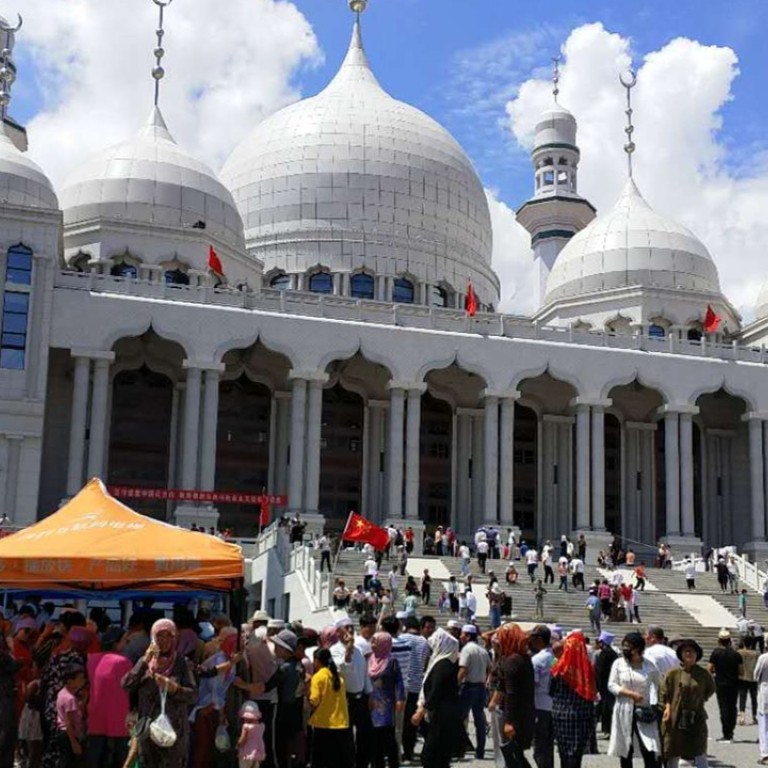
China officials need to show sensitivity in dealing with places of worship
As the protest by Hui Muslims at a mosque in the northwest has shown, Beijing may draw up the policies but those on the ground have to consider local conditions
Religious institutions and communities share in China’s rising prosperity. This is often reflected by lavish property developments that project worldly rather than spiritual values associated with places of worship and spark friction with secular bureaucracy. Despite the wealth of religious bodies, it can take a long time to obtain various permits to build a new place of worship on the mainland, and just a stroke of the pen for an order to pull it down because it still does not have all the necessary paperwork. That is a recipe for conflict in which heavy-handed regulation is conflated with religious oppression.
Evidence of that is to be found in the protest by thousands of Hui Muslims that began over an order to demolish a new mosque in the northwest Ningxia Hui autonomous area because it had not been granted the necessary permits. The protest continued even after the local government changed demolition to remodelling, including the removal of iconic features such as domes to make it look less Arabic. Examples also abound across China in the demolition and removal of iconic symbols such as large crosses from Christian churches, and the construction of temples that breach guidelines.
What sets the protest at the Weizhou Grand Mosque apart is that it reflects perceptions the government’s crackdown on Islam in Xinjiang, heartland of the mostly Muslim Uygur ethnic group, is spreading to Hui Muslim strongholds.
Regardless of perceptions, it is reasonable for officials to expect religious institutions to comply with local building regulations and standards. But even legitimate enforcement, often prompted by a higher authority, is fraught with the risk of misrepresentation of political motives. Officials need to exercise their power with sensitivity and common sense. Demands for demolition and radical changes to churches, mosques and temples without so much as lip service to negotiation or consultation are examples. They show little empathy with the feelings of people amid political concerns, as mainlanders increasingly turn to religion to fill the spiritual vacuum left by wealth and materialism.
That said, it is a sweeping conclusion to regard the Weizhou protest as an issue of religious freedom. Examples of conflict with authority over places of worship may be found throughout China but they are not part of a universal pattern. There is a historical background in that Beijing has drawn up policies on the design and construction of temples. In this case, it has apparently come down to an issue of building standards. However, even though Beijing may be able to cite rules as the basis of action, officials have to be sensitive to local conditions and sentiment in applying them and take into consideration circumstances on the ground.

